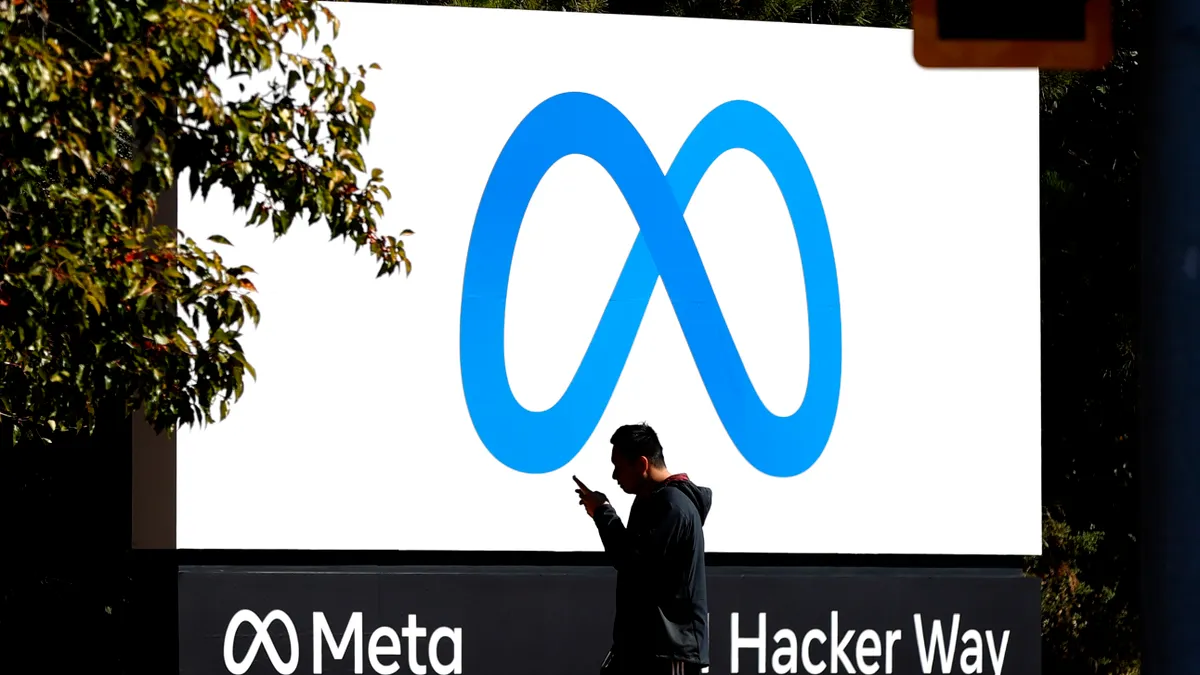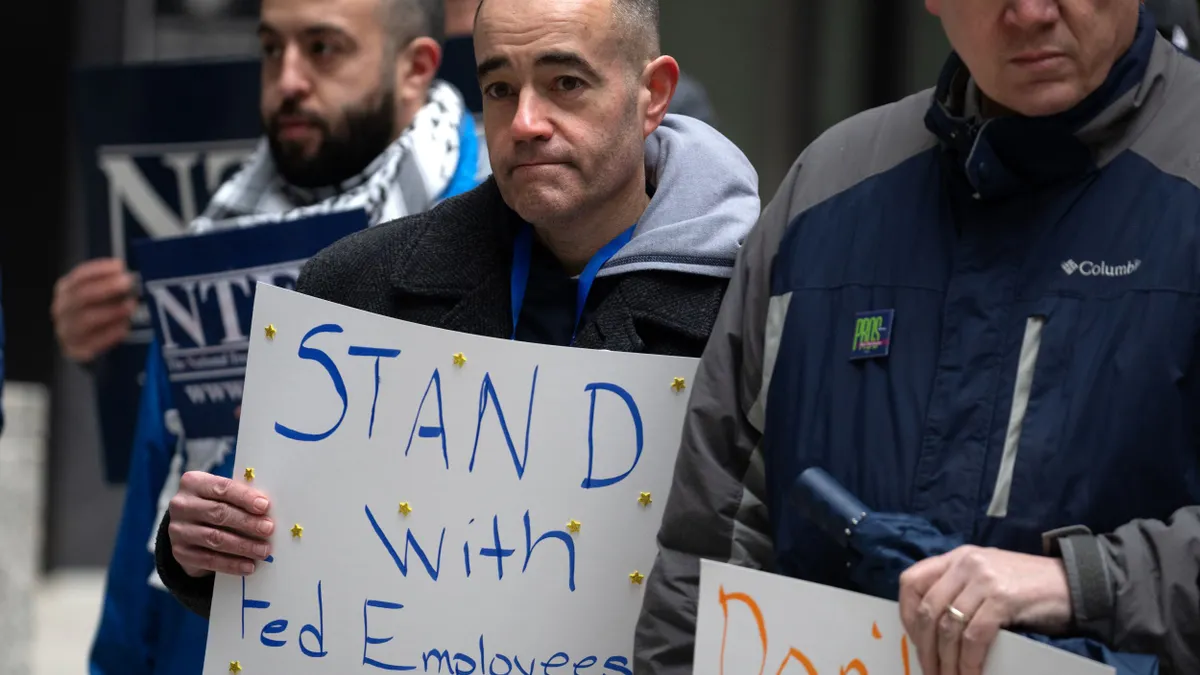A turbulent year has caused many employers to reexamine their hiring and workforce management policies, particularly if employees are working from home. In addition to adjustments like video interviews and VR chat rooms, hiring managers have also had to find an answer for something that may seem challenging to accomplish from afar: drug testing.
Drug use may have been a growing concern for employers before the COVID-19 pandemic; a 2019 analysis by Quest Diagnostics found that positive drug-testing results reached a 14-year high in the U.S. in 2018 with a positivity rate of 4.4%. And polling from organizations including the American Medical Association suggested Americans are self-reporting increased alcohol use during the pandemic.
When lockdowns first began, it was difficult for employers to complete drug tests, according Nancy Delogu, shareholder at Littler Mendelson. Some postponed testing programs altogether. But in the months that followed, she said, employers have gradually embraced "creative approaches" to ensure compliance.
"The creative approaches are what I see persisting," Delogu said, even though "it's easier for someone to go get a drug test at a laboratory now than it was at the start of the pandemic."
One example of those creative approaches is the point-of-collection test, a type of test that is performed directly by the employer. Delogu said she has seen a greater number of employers adopting such tests, which can give quick results. Positive results are then sent to a lab for confirmation.
"What's really surging is the use of oral fluids tests, which is kind of like a DNA test with a sponge and a swab stick," Delogu said."Some of those tests go off to the lab … and others give an instant result."
Oral fluids testing can still be conducted remotely, in a sense. Delogu has seen employers mail the tests to applicants and hop on video calls to observe them taking the tests directly. But it's more difficult, she said, to perform reasonable suspicion testing in the event an employer suspects workers are struggling with substance abuse at home. Such tests can also be self-administered by employees while being monitored by telehealth professionals, according to Christina Janice, of counsel at Barnes & Thornburg.
Communication can play an important role
Employers that decide to send employees and applicants to clinics and designated testing facilities may want to communicate additional expectations that those individuals wear masks, practice social distancing and use hand sanitizer while being tested, Janice said in an email.
Communication is just as important as the method by which employers test, she added. If existing drug policies will be enforced, employers may want to note that such policies are subject to periodic review and process updates to promote employee safety. And if such updates are made, employers can make it clear that they will be issued in writing.
"Also, employers may consider clarifying the meaning of 'workplace' in their policies, to include any location where work is performed by the employee for the employer," Janice said. "Employers should consider training their supervisors and human resources personnel to observe and document employee behaviors that suggest on-the-job impairment warranting further investigation."
There may also be employees who refuse to be tested, which can lead to additional considerations, according to Janice; "Human Resources professionals also should be trained to look beyond an employee's mere refusal to be tested, which is a disciplinary matter, to investigate whether the employee's objection is based on qualifying medical conditions that may warrant an interactive process for accommodation, which is a benefits matter."
Impact of marijuana legalization
This year's election cycle saw four states vote to legalize recreational marijuana use, while two voted to implement medical marijuana programs. As with past legalization efforts, the latest set of ballot initiatives could impact employers' drug policies.
But not everything will necessarily shift overnight, Delogu said, as some of the states that voted to legalize recreational use previously had medical marijuana programs in place that provided clarity for employers.
In Arizona, for example, the state's existing medical marijuana law contains employment protections for people who are approved to use marijuana to treat a medical condition. The same law allows employers to establish drug-free workplace policies and set other limitations, Delogu said. A few of the legalization efforts that passed this month contain similar provisions for employers.
It may be more important for employers to address what exactly they expect of employees in states where recreational use has become legalized and marijuana is more widely available. These employers, Delogu said, will need to communicate policies clearly, especially if they still prohibit employees from testing positive.
"What you don't want is for a whole bunch of good employees to decide that, now that marijuana use is okay within the state context, they will do that, and then they will find themselves running afoul of the employer's policies," she said. "They might have avoided that if they realized the employer hadn't changed its perspective."
In the long term, employers operating in states that have legalized recreational use will need to decide whether they will continue to conduct the same levels of pre-hire drug testing, Delogu said. Recruiting is a part of that consideration. "They may find that it's difficult to find workers who can test negative, and is that important to them? And I think the answers to that are as many and varied as the employers you can meet."
Some employers don't do any pre-hire testing, Delogu noted. Those operating in certain environments may feel that they can spot drug abuse fairly quickly, while others may have safety concerns about the mix of potential drug abuse and the operation of dangerous equipment. There's also the reality presented by the current job market, which favors employers."It is true that testing increases when the job market has more availability," Delogu said, "as sort of an employee selection tool at the applicant level, and then decreases when the job market is tight. So that doesn't surprise me at all."
Still, some employers in states where marijuana use has become more widespread may decide not to test workers when use outside of work doesn't conflict with job performance. Others may continue to test, especially where safety is an issue. "Employers are kind of responding to that by saying, we still have a problem with this, but it's not because we think you have poor morals or something like that," Delogu said. "We're concerned about performance and safety, and here's what we're looking for. So I think that's been an interesting evolution."



















